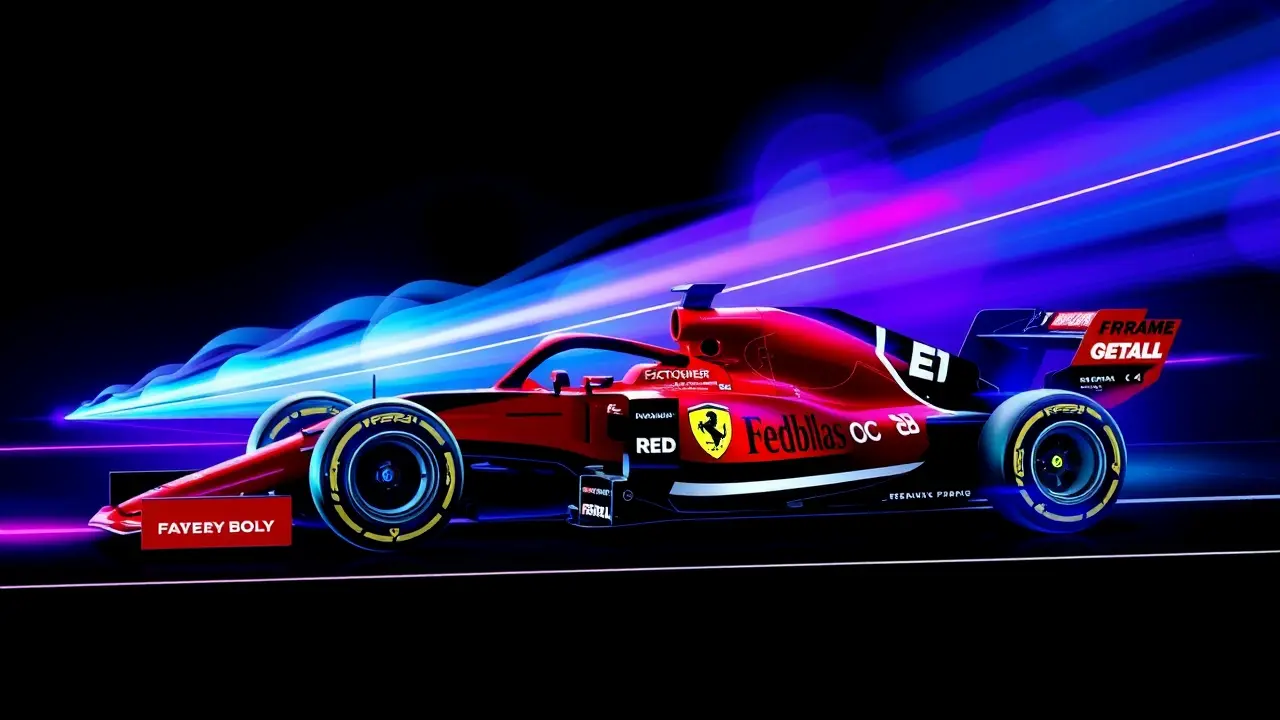
SportmotorsportFormula 1
Ferrari Boss Vasseur on New F1 Regulations: A Challenge
JA
Jack Turner
3 weeks ago7 min read
Ferrari team principal Frédéric Vasseur has framed the upcoming sweeping Formula 1 regulatory overhaul as the ultimate test of a team's core engineering and strategic mettle, drawing direct parallels to the seismic shifts that previously redefined the sport's competitive order. Speaking with the candid realism of a seasoned competitor who has witnessed eras of dominance forged in regulatory chaos, Vasseur didn't mince words about the magnitude of the challenge.'When a new regulation set lands, you're essentially navigating in the dark, with no true north from your previous car's data,' he explained, invoking the ghost of Mercedes' turbo-hybrid revolution in 2014—a masterstroke that handed the Silver Arrows nearly a decade of supremacy—and the earth-shattering debut of Brawn GP's double-diffuser in 2009, which snatched a championship from the jaws of financial collapse. For the Scuderia, a team whose development philosophy is traditionally an iterative art form of refining an existing concept, this represents a fundamental departure.The entire process is a ground-zero endeavor, a complete reset affecting every single component: new tire compounds from Pirelli that will alter fundamental car balance and degradation models, new sustainable fuel formulations pushing the boundaries of internal combustion efficiency, next-generation power units that are more electrified and tightly regulated, entirely new chassis philosophies dictated by revised aerodynamic rules aimed at closer racing, and a revised sporting code that could reshape race weekend structures. This isn't merely an upgrade; it's a simultaneous revolution across four or five critical performance vectors, a high-stakes engineering puzzle where a misstep in any one area—like McLaren's infamous 'size-zero' philosophy in 2015 or Ferrari's own sidepod miscalculation in 2022—can consign a team to a season of painful recovery.The financial and human resource allocation required is staggering, forcing teams to balance their 2025 championship efforts against the all-consuming 2026 project, a juggling act that could expose organizational depth or a lack thereof. Vasseur’s acknowledgment of the difficulty, devoid of the typical pre-season bluster, is a sobering reminder that while Red Bull and Max Verstappen currently operate with the relentless efficiency of Pep Guardiola's Barcelona, dominating possession and suffocating opposition, the 2026 regulations are the great disruptor, the football equivalent of a sudden change in the offside rule or ball design that could render previous advantages obsolete.It's a blank canvas that could allow a midfield squad like an ascendant Aston Martin or a resurgent Williams, unburdened by the sunk cost of a previous winning concept, to pull off a 'Leicester City 2016' miracle. The true test for Ferrari, and indeed for every team on the grid, will be whose interpretation of the new rulebook is the most elegant, whose simulation correlation is the most accurate, and whose factory can react the fastest when the cars finally hit the track in anger.Vasseur’s final note—'This is the nature of our sport. No point complaining in advance'—is the quintessential mindset of a racer: an acceptance of immense challenge not as a burden, but as the very essence of the competition, the definitive challenge that separates the legendary constructors from the merely good.
#featured
#Ferrari
#Frederic Vasseur
#F1 regulations
#2025 season
#team principal
#motorsport
#Formula One
Stay Informed. Act Smarter.
Get weekly highlights, major headlines, and expert insights — then put your knowledge to work in our live prediction markets.
Related News
Comments
Loading comments...
© 2025 Outpoll Service LTD. All rights reserved.